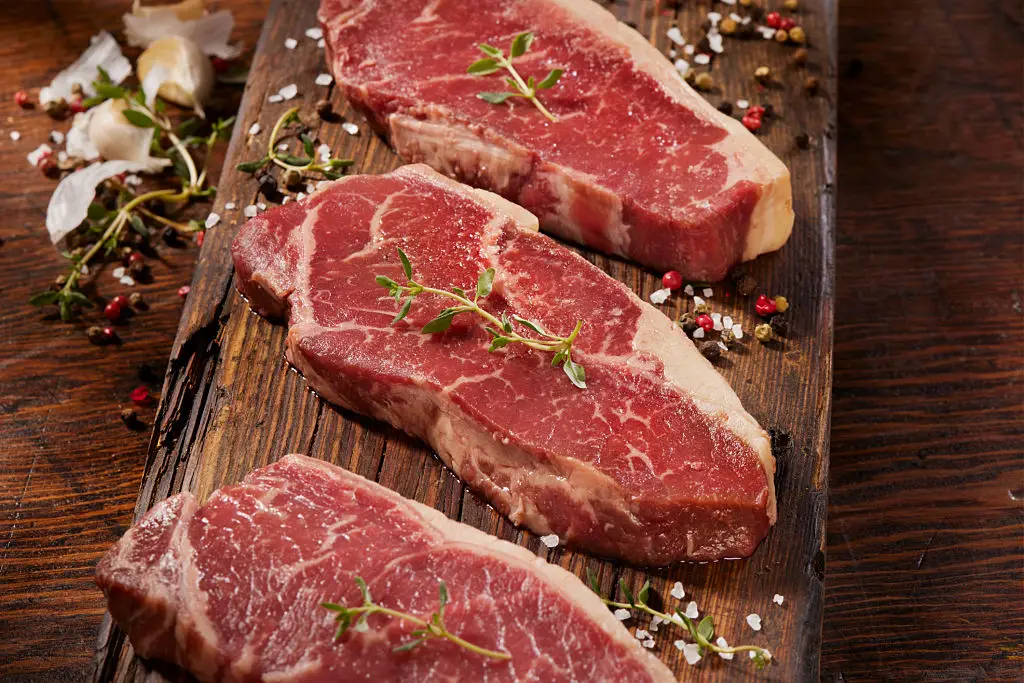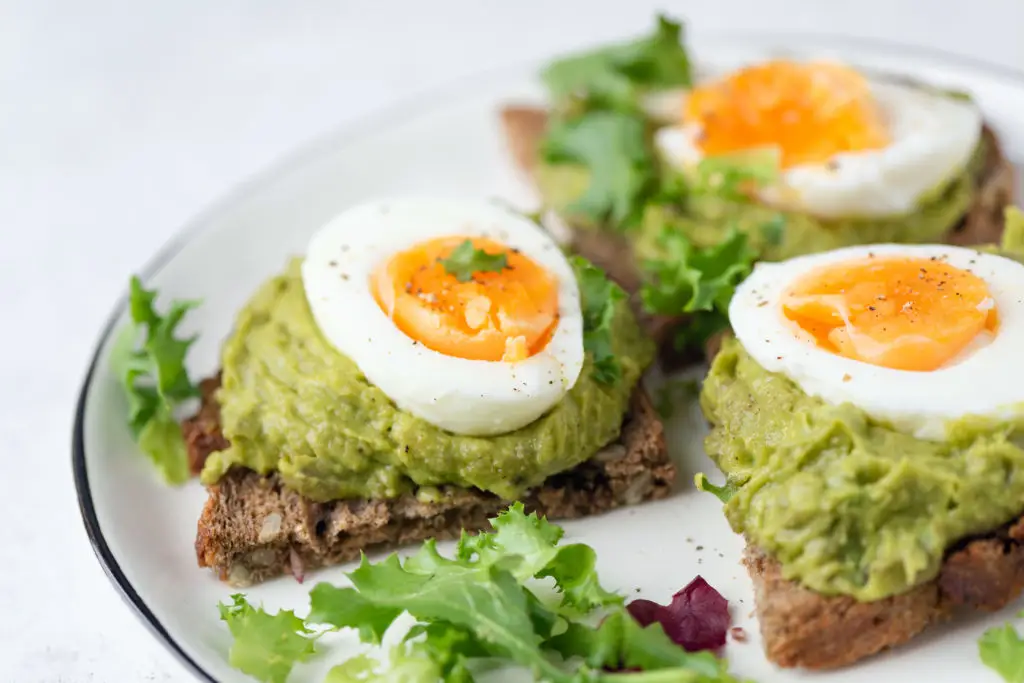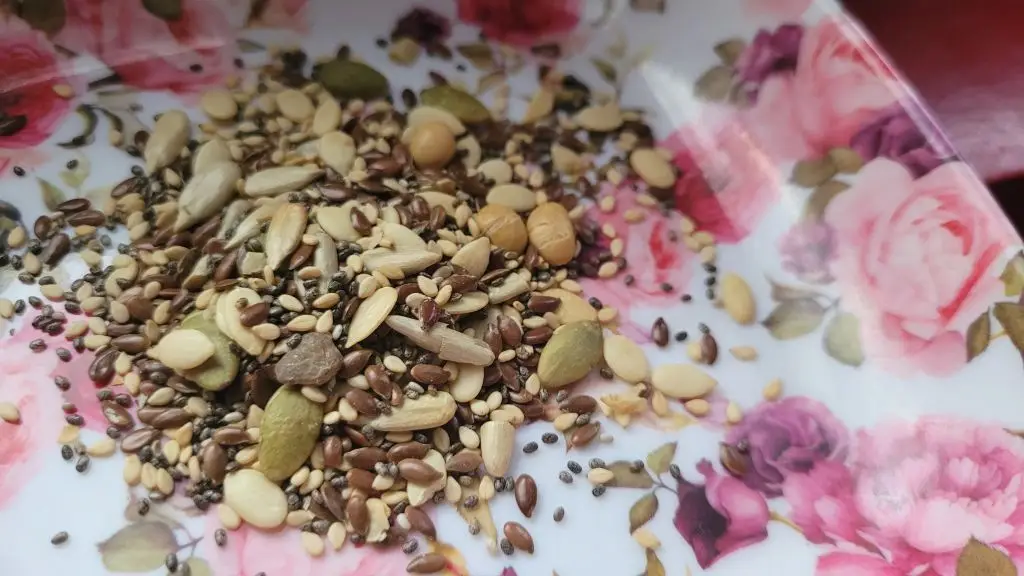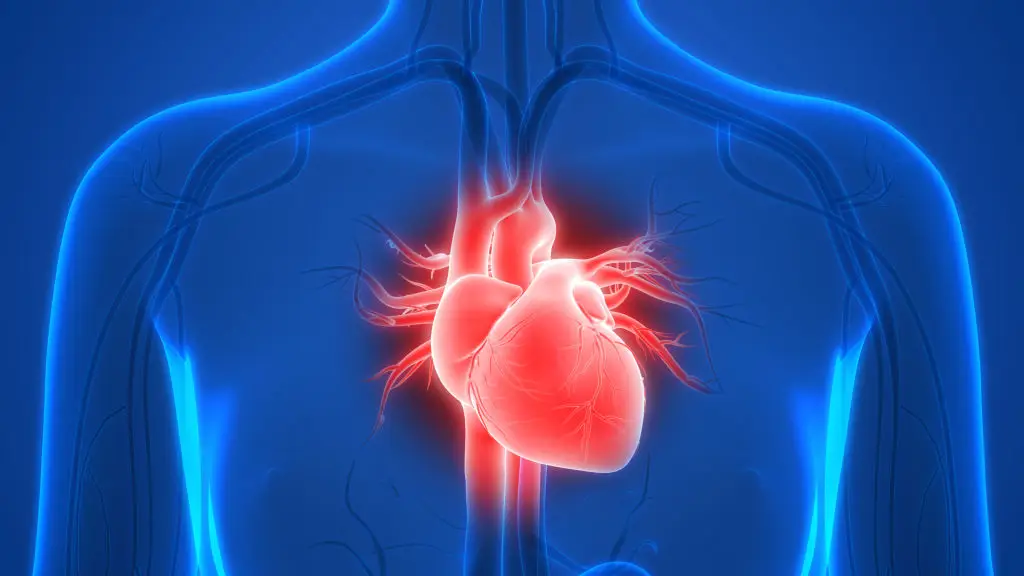The 4 Cholesterol Myths That Are Sabotaging Your Diet (and What to Eat Instead)
If you’ve ever felt overwhelmed by confusing cholesterol advice, you’re not alone. For years, headlines and well-meaning tips have warned us away from certain foods in hopes of keeping our hearts healthy. But as research evolves, many old beliefs about cholesterol just don’t hold up—and hanging onto these myths could actually make healthy eating much trickier than it needs to be. Whether you’ve skipped eggs for breakfast, eyed a piece of steak with suspicion, or packed your cart with “low-fat” everything, you might be following advice that’s past its expiration date. This list breaks down the four most stubborn cholesterol myths that are still shaping our food choices—along with gentle, science-backed suggestions for what to eat instead. Take a deep breath, grab your grocery list, and get ready for practical, positive changes that help you feel good about every bite.
1. The Saturated Fat Myth

For decades, saturated fat has carried a reputation as the “bad guy” of heart health. Many of us learned to trim fat from steaks, shun butter, and check labels for anything labeled “low-fat.” But today’s experts are rethinking these old rules. Recent studies show the story isn’t so simple: not all saturated fats are equal, and their impact depends on overall diet, food quality, and what’s substituted in their place. Swapping natural fats for ultra-processed carbs or added sugars often leads to worse heart outcomes. Quality and balance matter far more than flat avoidance. Healthy fats like those in olive oil, avocados, fatty fish, and moderate portions of grass-fed meats help your body thrive and support long-term wellness. The key isn’t fear—it’s choosing nourishing sources while keeping an eye on the bigger dietary picture. Next time you make a meal, try adding a handful of nuts or a slice of avocado instead of just focusing on what to cut out.
2. The Dietary Cholesterol Myth

Many people have heard that eating cholesterol-rich foods—like shrimp, shellfish, or organ meats—directly spikes their blood cholesterol. But here’s what science now tells us: your body makes about 75% of its cholesterol in the liver, and for most healthy people, eating cholesterol-rich foods has a much smaller impact than once thought. In fact, major heart-health organizations no longer recommend strict cholesterol limits for the general public. Your own biology adjusts cholesterol production based on what you eat, so a shrimp cocktail or an omelet isn’t likely to throw your levels off balance. Instead of blanket restrictions, focus on building meals filled with nutrient-dense foods—think colorful vegetables, lean proteins, and a bit of shellfish or egg yolk for good measure. This gentle shift allows for satisfaction and variety without unnecessary worry.
3. The Egg Avoidance Myth

Eggs, especially their sunny yolks, have been wrongly accused for years of being heart troublemakers. Maybe you’ve chosen egg whites only or skipped breakfast classics to play it safe. Yet experts now agree that whole eggs can fit beautifully into a heart-healthy diet—unless you have a specific medical condition, there’s no need to avoid them. The latest research shows eggs can boost your “good” HDL cholesterol and provide essential nutrients like choline and vitamin D. Whole eggs are also a convenient and affordable source of high-quality protein. Try scrambling a couple of eggs with spinach and peppers for breakfast, or add a hard-boiled egg to your salad for satisfying energy. If plant-based options are more your style, plenty of nutritious protein choices await—just know you don’t have to bypass eggs out of outdated fear.
4. The Low-Fat Diet Myth

At one point, “low-fat” labels seemed like the golden ticket for heart health. But we’ve learned that simply cutting out fat—especially when those calories are swapped for refined carbs and sugars—can actually make things worse. It turns out, not all fats or carbs are created equal. Healthy fats from nuts, seeds, olive oil, avocados, and fatty fish are linked to better heart outcomes, while highly processed foods and added sugars drive up health risks. Plus, most Americans aren’t getting enough fiber, a critical nutrient for healthy cholesterol levels. Instead of chasing every low-fat product, focus your meals on whole, minimally processed foods. Pick fiber-rich veggies, beans, and whole grains, and don’t shy away from a drizzle of olive oil or some salmon on your plate. Balanced, colorful eating nourishes your heart far better than a diet built on restriction alone.
A Kinder, Smarter Approach to Cholesterol

Letting go of old cholesterol myths isn’t about perfection or quick fixes—it’s about making gradual, gentle choices that genuinely support your body and your joy for food. Nutrition science will keep evolving, but some truths endure: listening to your body, enjoying a variety of nourishing foods, and giving yourself grace are at the heart of eating well. Instead of letting outdated rules shape your meals, try experimenting with new combinations and pay attention to how different foods make you feel. Remember, your heart health is a journey, not a finish line, and every small step toward balance matters. As you move forward, trust yourself to make choices that fit your life—not just the latest headline. Here’s to feeling empowered, knowledgeable, and vibrant in your own skin, every single day.